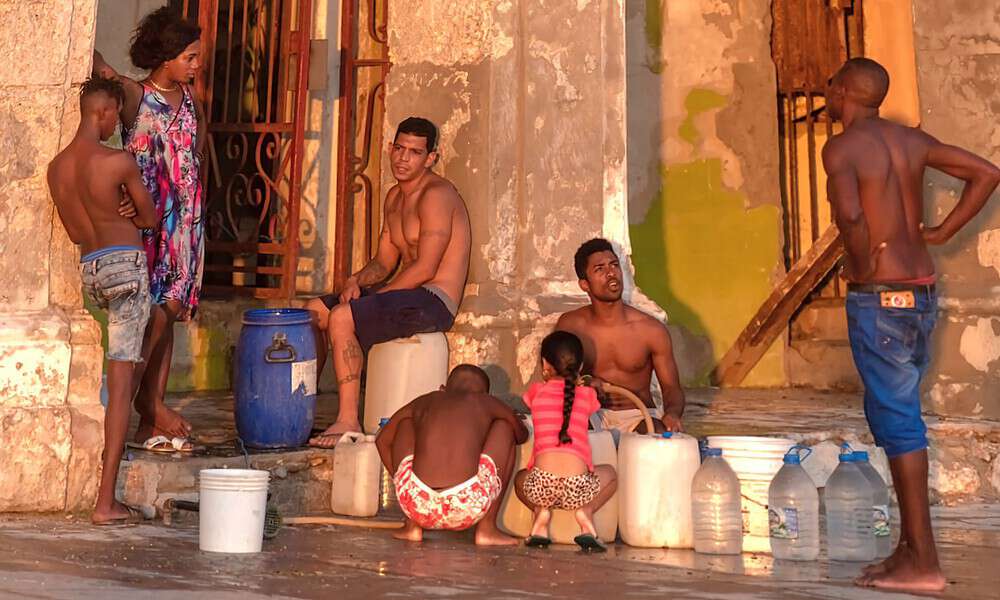The energy councils of several provinces in Cuba have adopted new regulations and restrictions on the use of electrical energy for the economic and residential sectors.
Information disseminated through state media indicated a “critical energy situation” on the island, forcing it to implement new savings measures aimed at the economic and residential sectors.
Some of the measures announced by the Provincial Energy Council in the provinces of Cienfuegos and Villa Clara:
- Partial or complete shutdown of non-essential products and services between 11 am to 1 pm and 6 pm to 10 pm.
- Air-conditioning of the campus is permitted only from 8 am to 11 am, except for systems supporting technical systems.
- Adjust working hours with a view to shifting away from peak hours (11am – 1pm; 5pm – 9pm) and adopt remote work or teleworking.
- Pump water to people outside peak night hours.
- Switch off all electric stoves during peak hours.
- Disconnect refrigerators, freezers and cold rooms during peak hours, unless it affects production.
Measures critical situation in Cuba
“So we freeze the country to save money? Workers in the electricity sector need to be motivated, thermoelectric plants lack qualified workers, facing the economic crisis everyone is looking for other alternatives,” wrote one user on the profile of journalist Lázaro Manuel Alonso.
A Cuban television reporter replied, “The problem is more about the fuel than the thermoelectric plants.”
“Actions like these are affecting the private service sector a lot… they are harming FGNE’s income, which is harming salaries and investments,” another person said.
The “new energy situation” relates to issues of fuel, not the launch or maintenance of thermoelectric plants.
This Monday morning at 9:15 AM the Antonio Guiteras Thermal Power Station in Madanzas synchronized the National Electric Power System. Despite its entry, Union Electrica predicted a deficit of 500 MW at night, “as a result of the lack of fuel for distributed generation,” explained Matanzas journalist Jose Miguel Solís.
Cuba Directory It was learned that the problem of fuel is also affecting tourism services offered to foreigners. “There is no fuel even for buses in Savi. Employees have to travel by transport from other municipalities and employees stand in buses,” they told our page.





